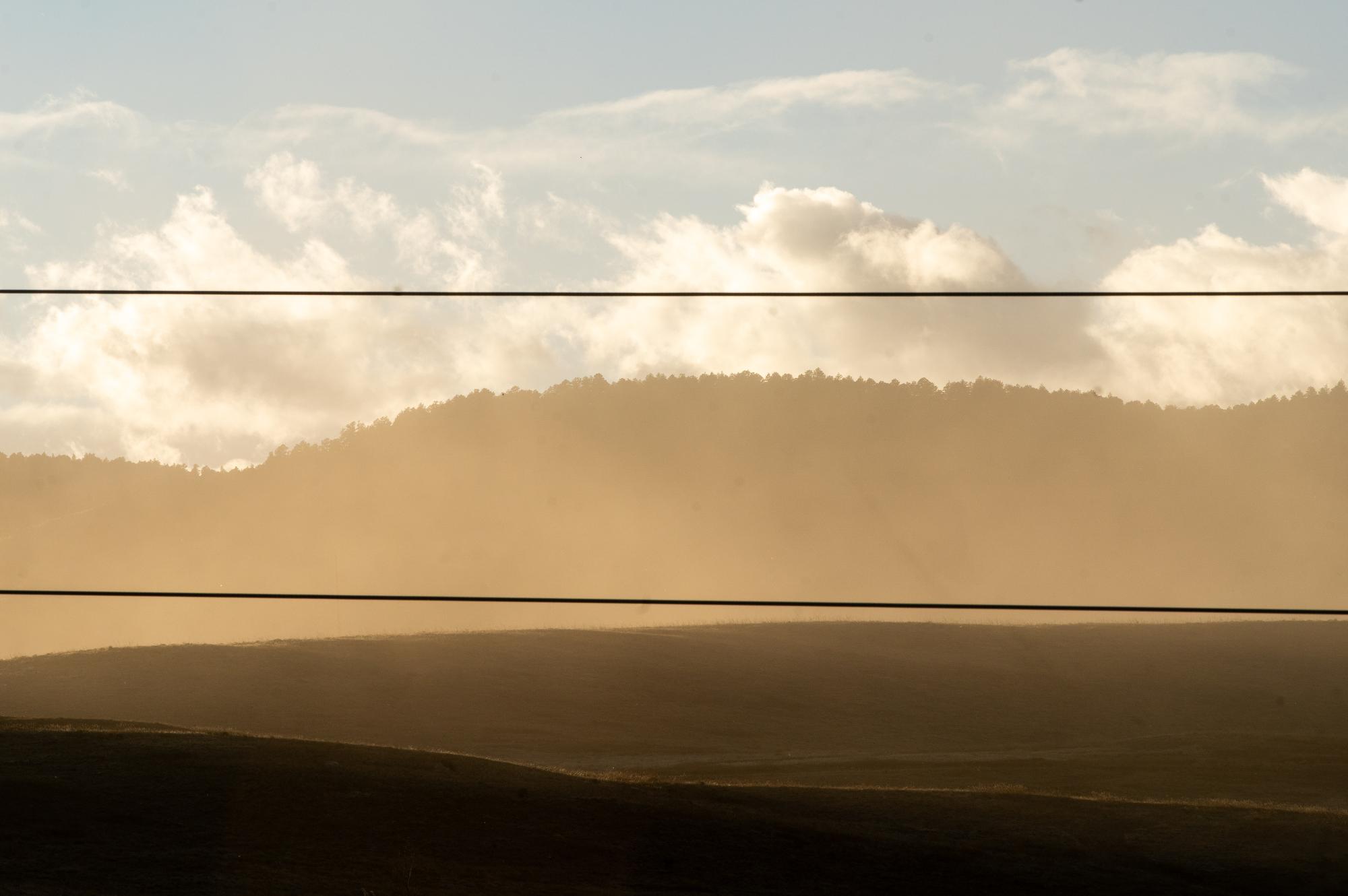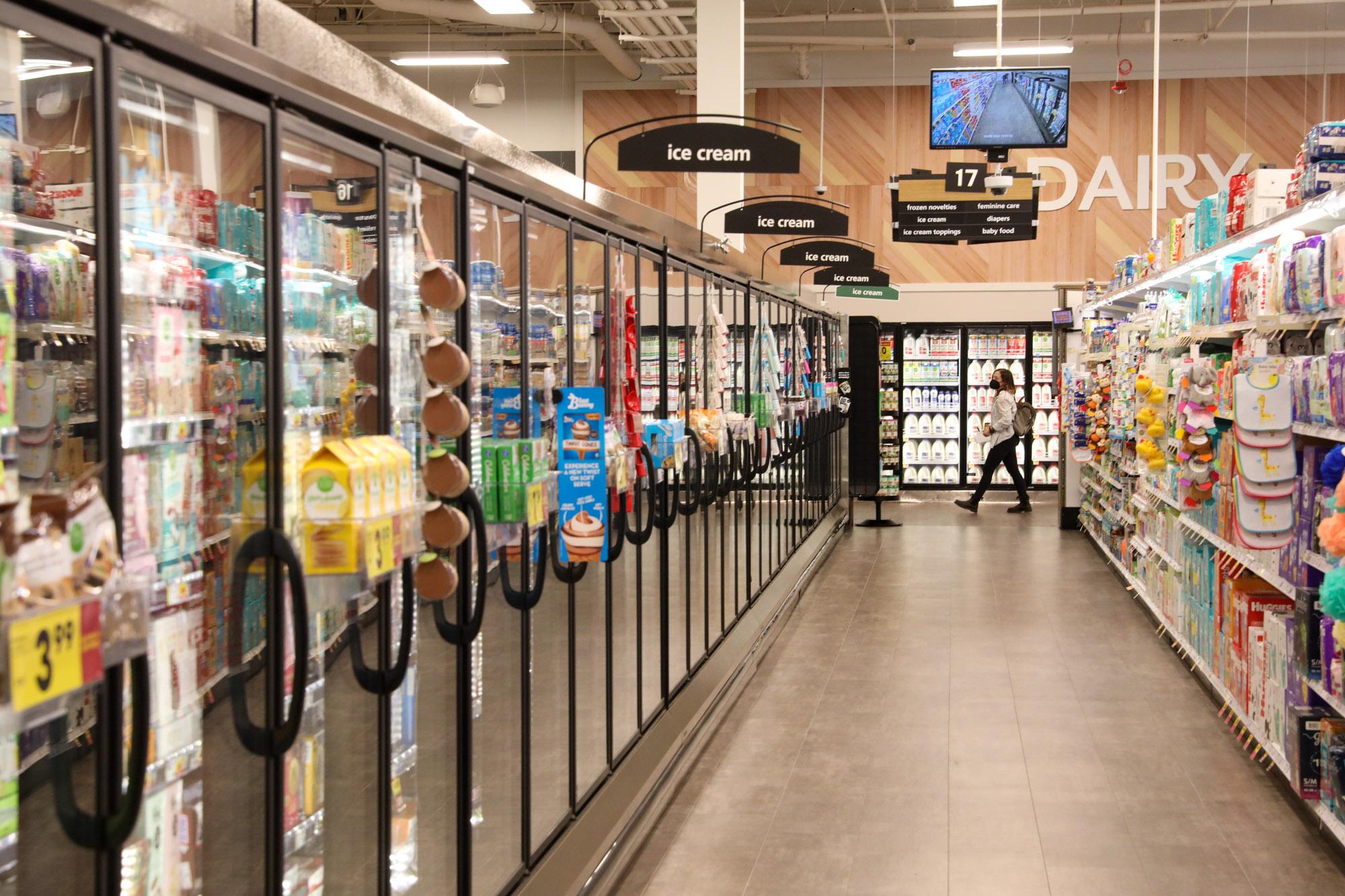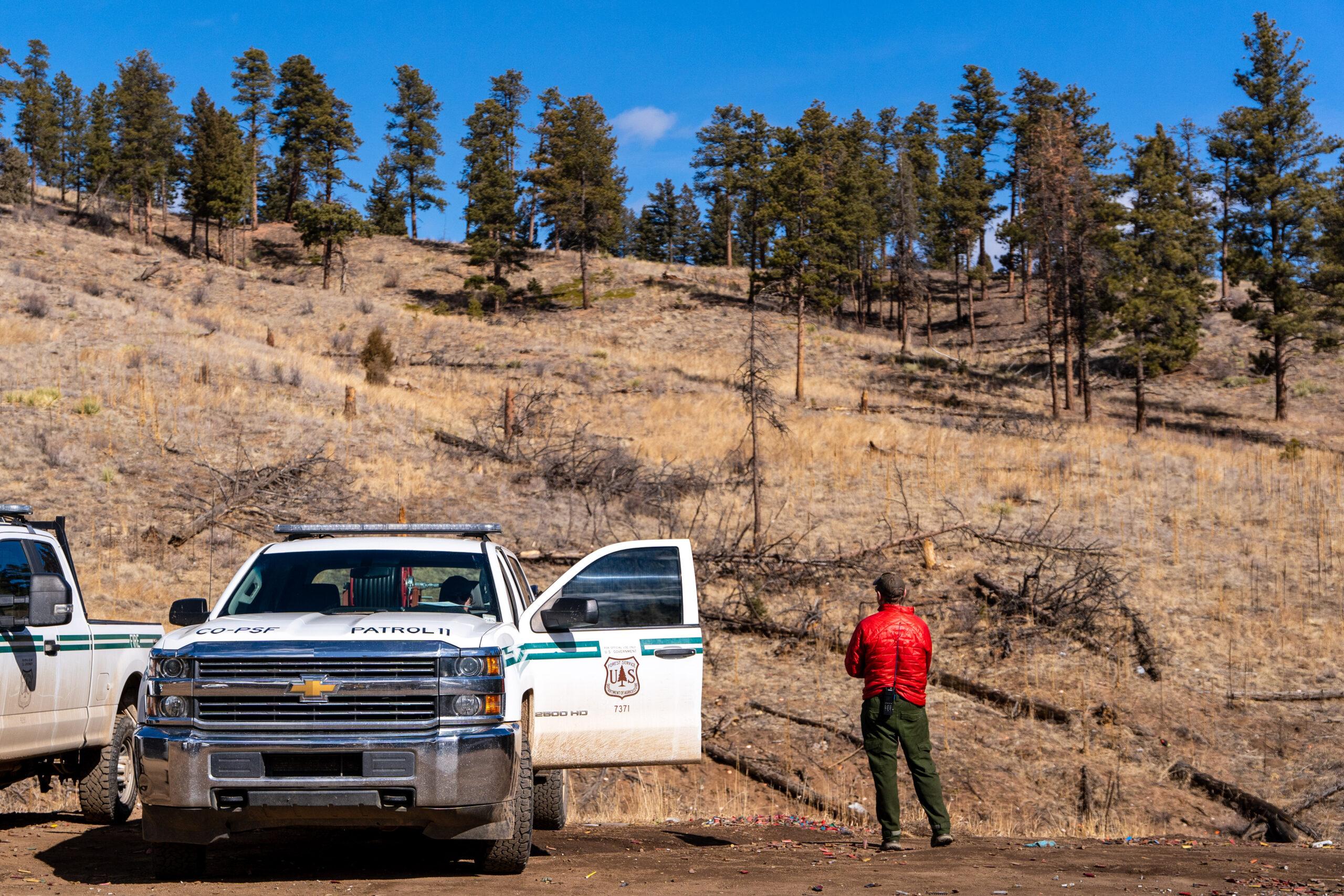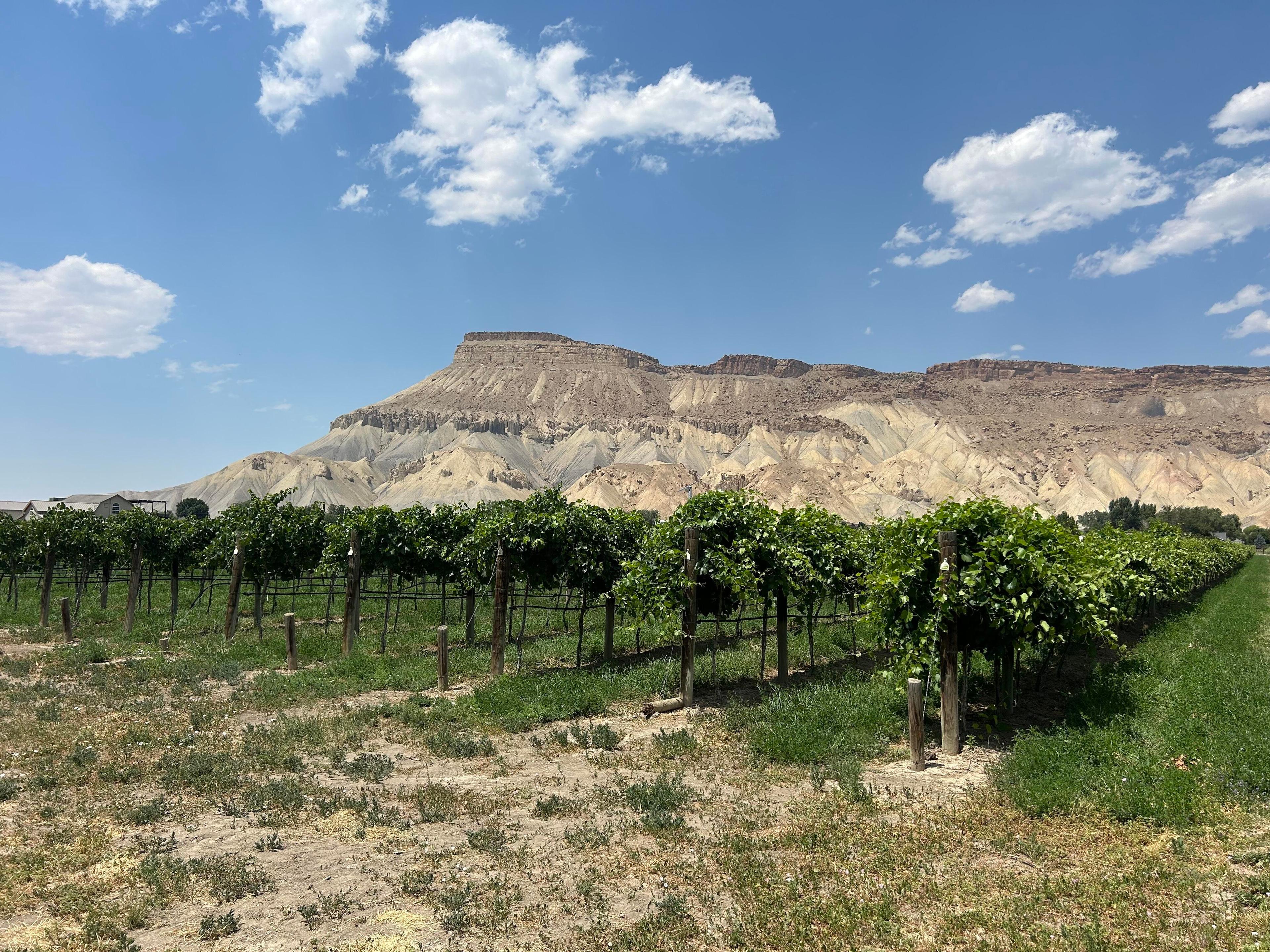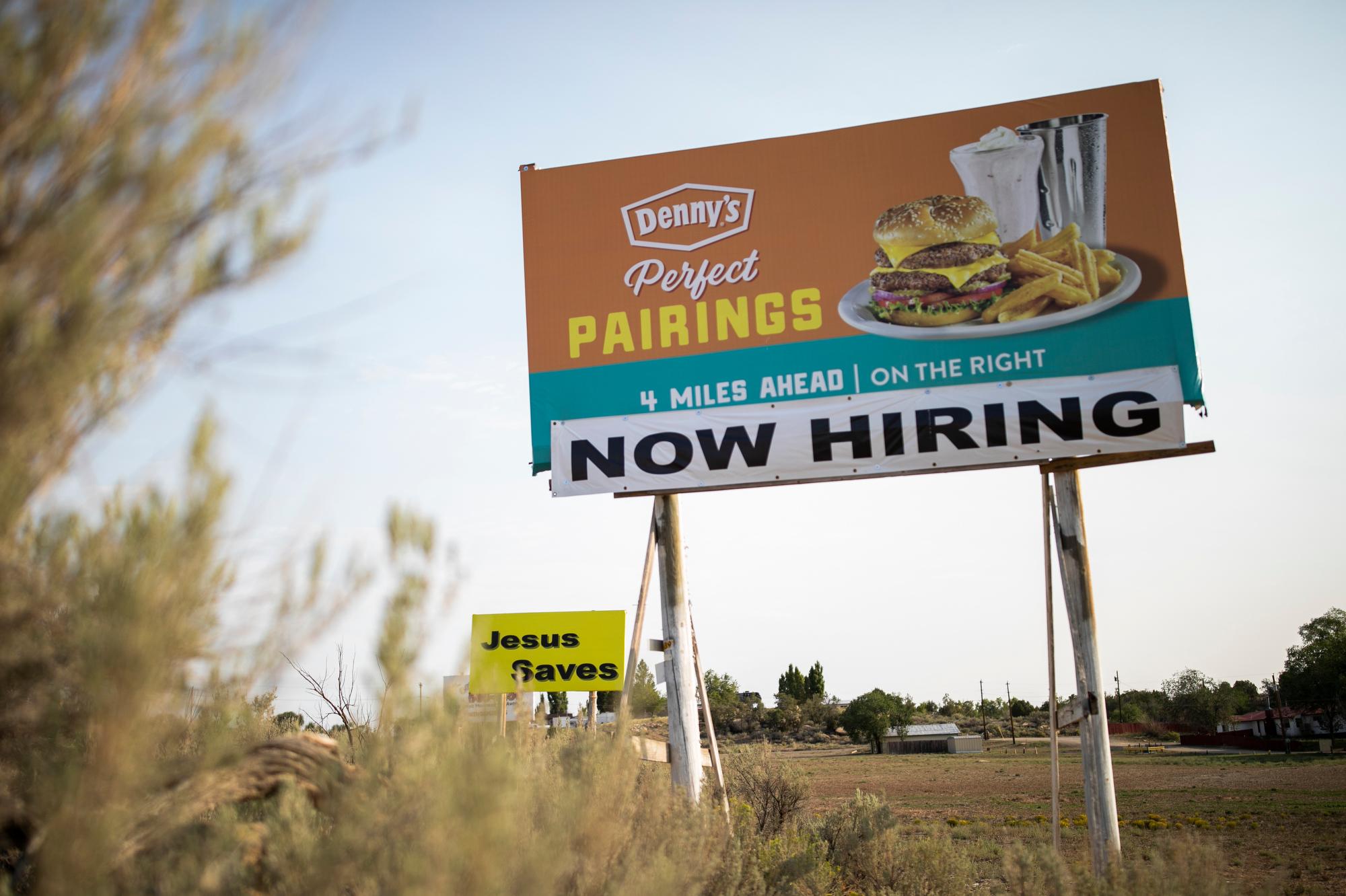
Colorado’s unemployment rate dipped in September, even as sluggish job gains weighed on economic growth.
The state’s unemployment rate fell to 5.6 percent, down from 5.9 percent in August, according to the Colorado Department of Labor and Employment. But at the same time, nonfarm payrolls grew by 5,100, marking the second month of anemic growth and a sharp decline compared to the spring and early summer. By comparison, Colorado added 17,500 jobs in May.
The trend in Colorado mirrors what is happening in the rest of the country, with steady job growth and monthly hiring stalling out in August. Numerous factors could be behind the slowdown, including a surge in COVID-19 cases as the Delta variant took hold.
But COVID-19 caseloads don’t tell the whole story.
Employers have complained for months that they can’t find enough workers. Nationally, a record 4.3 million people quit their jobs in August, according to the Bureau of Labor Statistics. At the same time, snarls in the supply chain have made it difficult to move goods from one place to another, complicating the economic recovery across the U.S.
- HelloFresh workers across the country, including Aurora, prepare to vote in union elections
- After a 5-year hiatus, commercial flights return to Northern Colorado as regional airports expand
- The Delta variant has hurt Colorado's business optimism, but that's not the only concern
- Nearly 90,000 Coloradans lost pandemic unemployment benefits this week, but we won't know the impact on jobless claims for awhile
It’s difficult to pinpoint the primary driver of slowing job growth, according to Colorado’s state economist Ryan Gedney.
“When we see increased case rates, I think that is a driver. But you could also see supply chain, labor tightness could be a driver as well,” Gedney said. “It’s really just difficult to parse all those out.”
Some business leaders argue federal pandemic aid kept people out of the workforce. The end of those benefits in September doesn’t appear to have made much of a difference yet.
Colorado’s leisure and hospitality industry made up the bulk of gains in September, adding 3,800 jobs, state data show. On the other end of the spectrum, education and health services lost 1,600 jobs. The decline played out primarily in childcare and home health services, according to Gedney.
Colorado gained 102,100 nonfarm payroll jobs during the past 12 months. The state has recovered about 80 percent of the 375,800 jobs lost between February and April of last year.

